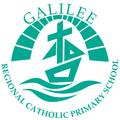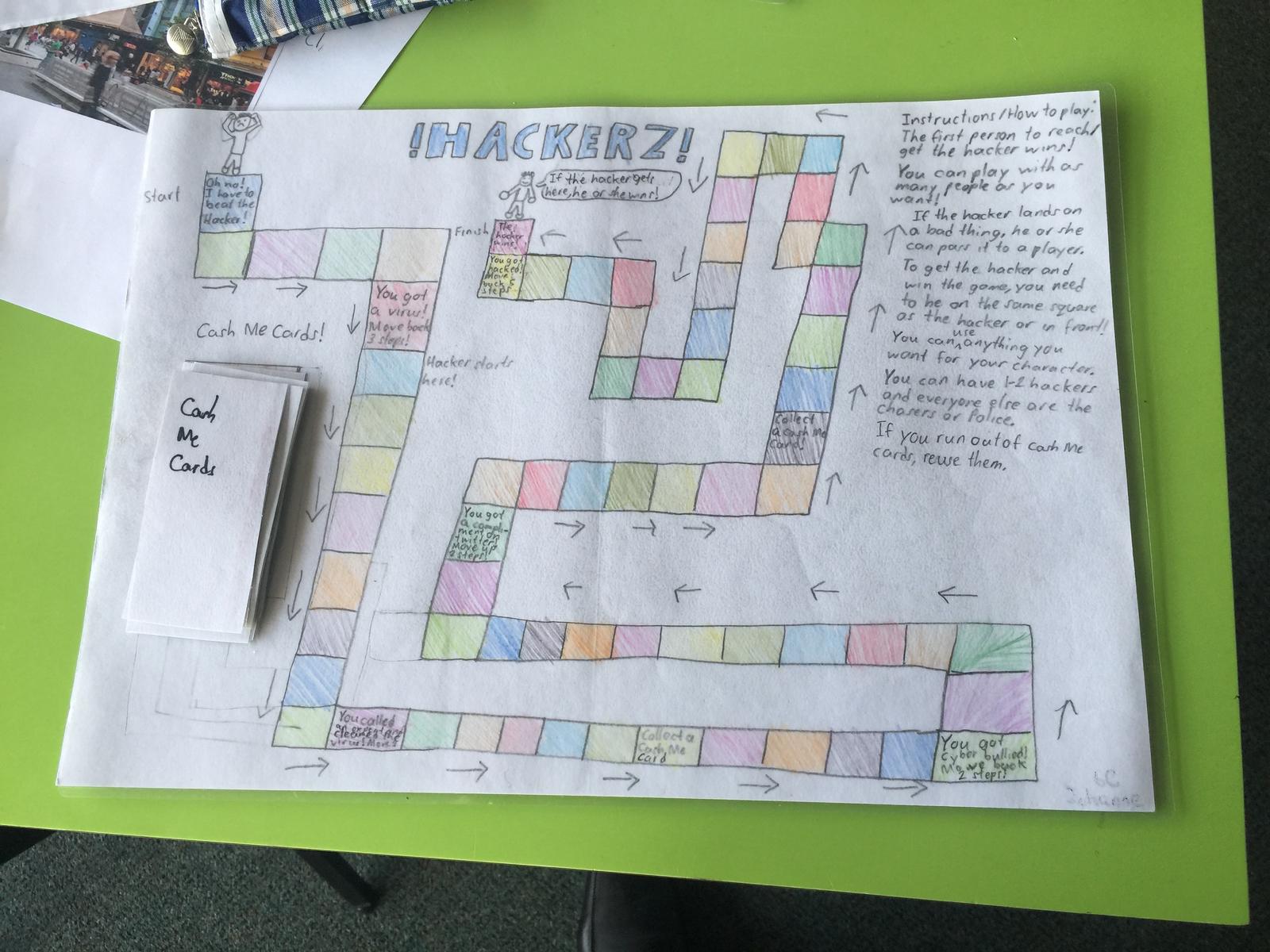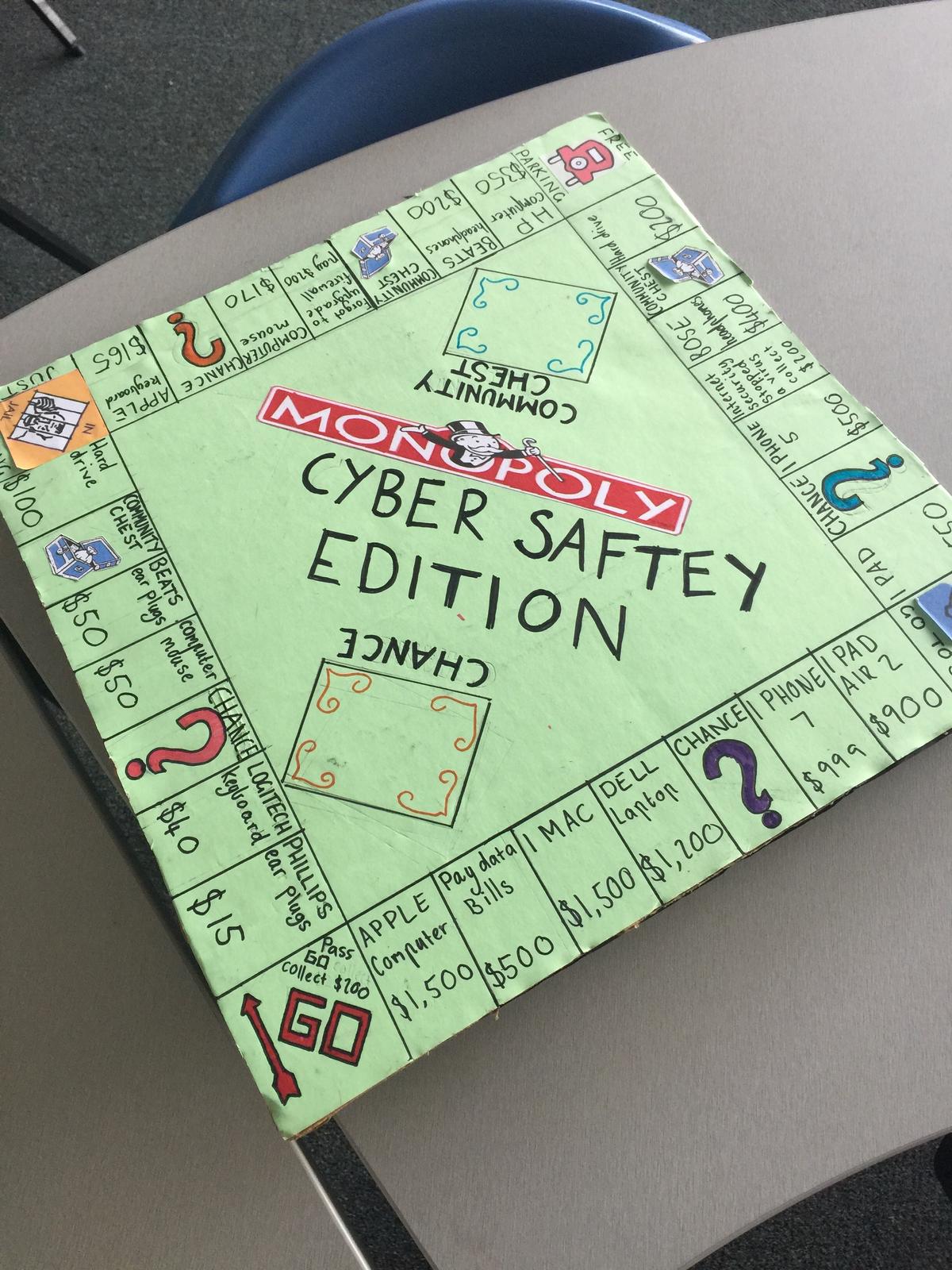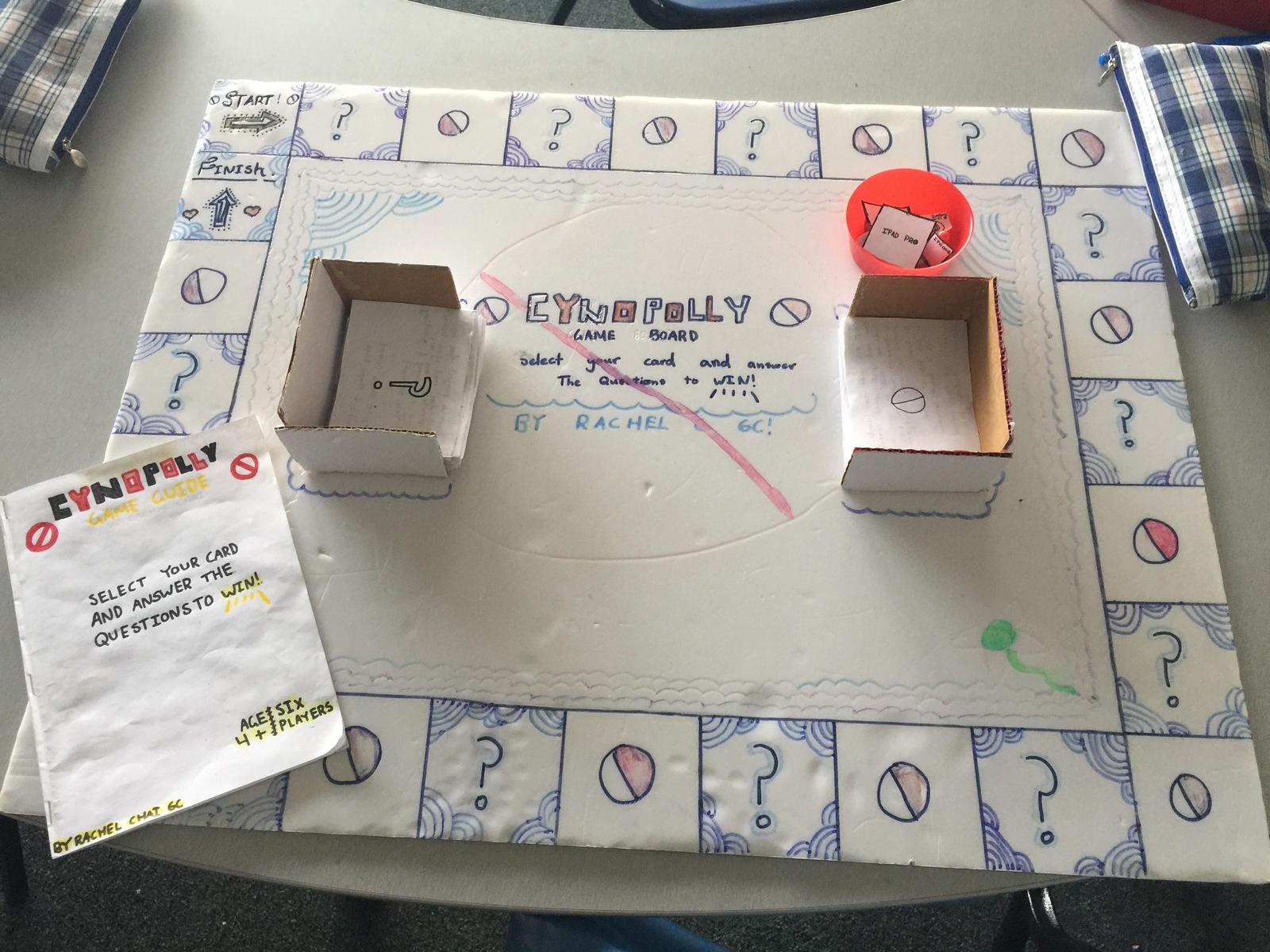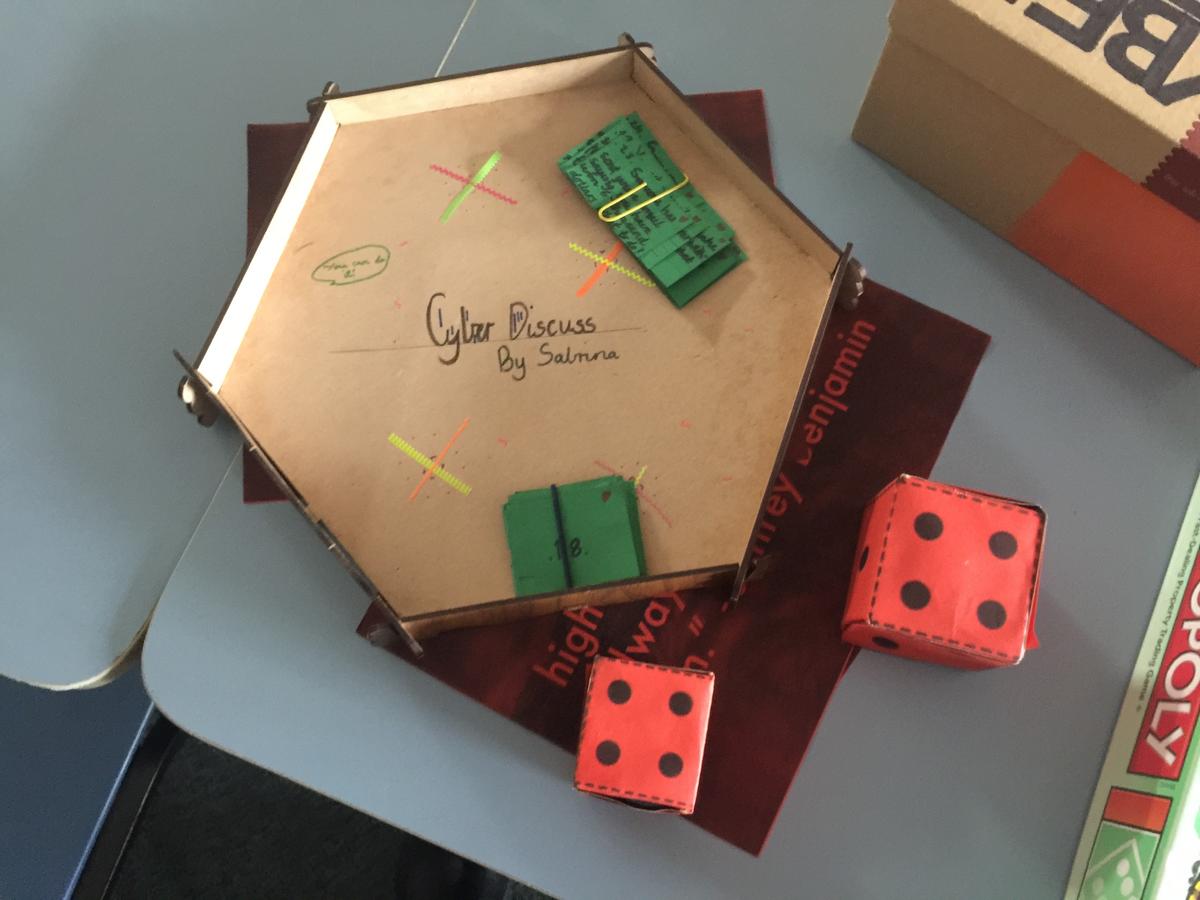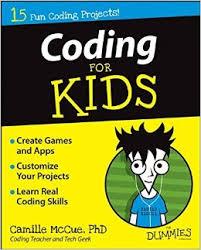eLearning

Year Six Cyber Safety Projects
A big congratulations to the Year Six students who created Board Games relating to Cyber Safety. Some students used board games such as 'Frustration!' and 'Monopoly' to incorporate the Cyber Safety theme, whereas some students made complete games from scratch. The students used their imagination and creativity to make fantastic projects, which they will show to the school during our Galilee IT Day in Term 3.
Email Etiquette
It's great so see so many students feeling comfortable using their Google Apps around the school, particularly GMail. Gmail is a fantastic communication tool between students and teachers. Below is a video you might want to watch with your child about the correct etiquette when sending an email.
IT Policies To Be Returned
There are still students who have not returned their IT Policies. These policies are really important and need to be brought back to school as quickly as possible to allow your child to use technology within the school. Technology is a fantastic tool to assist students with their education.
If you have any questions regarding the Galilee IT Policy, please feel free to send an email to jcoaley@gsmelbournesth.catholic.edu.au
Mr Joss Coaley
eLearning Leader
Coding at Galilee
Until the last few decades, education focused on skills called the three Rs – reading, writing, and arithmetic. (I know what you’re thinking…adults who believe all these words begin with the letter R need to return to primary school!) If you mastered the three Rs, you were considered an educated person. But now, technology has changed everything. In your personal life, in school, and in the workplace, technology is in constant use. Communicating with technology requires a new skill called coding, or computer programming.
Coding means writing instructions that a piece of technology – usually a computer – understands so that the technology will perform a task. A computer programming language provides the vocabulary (words) and syntax (rules and punctuation) for communicating with a computer.
The instructions that you write and the computer reads are a program. A computer program comprises code and communicates instructions about what is supposed to show on a computer screen and when it is supposed to happen. As you learn a computer programming language, you will be able to read and understand programs already written. Most importantly, you will be able to code – that is, design and write your own original programs.
From this year at Galilee, we will begin teaching students all about coding from as early as Year 1.
Carlo Martello
ICT
